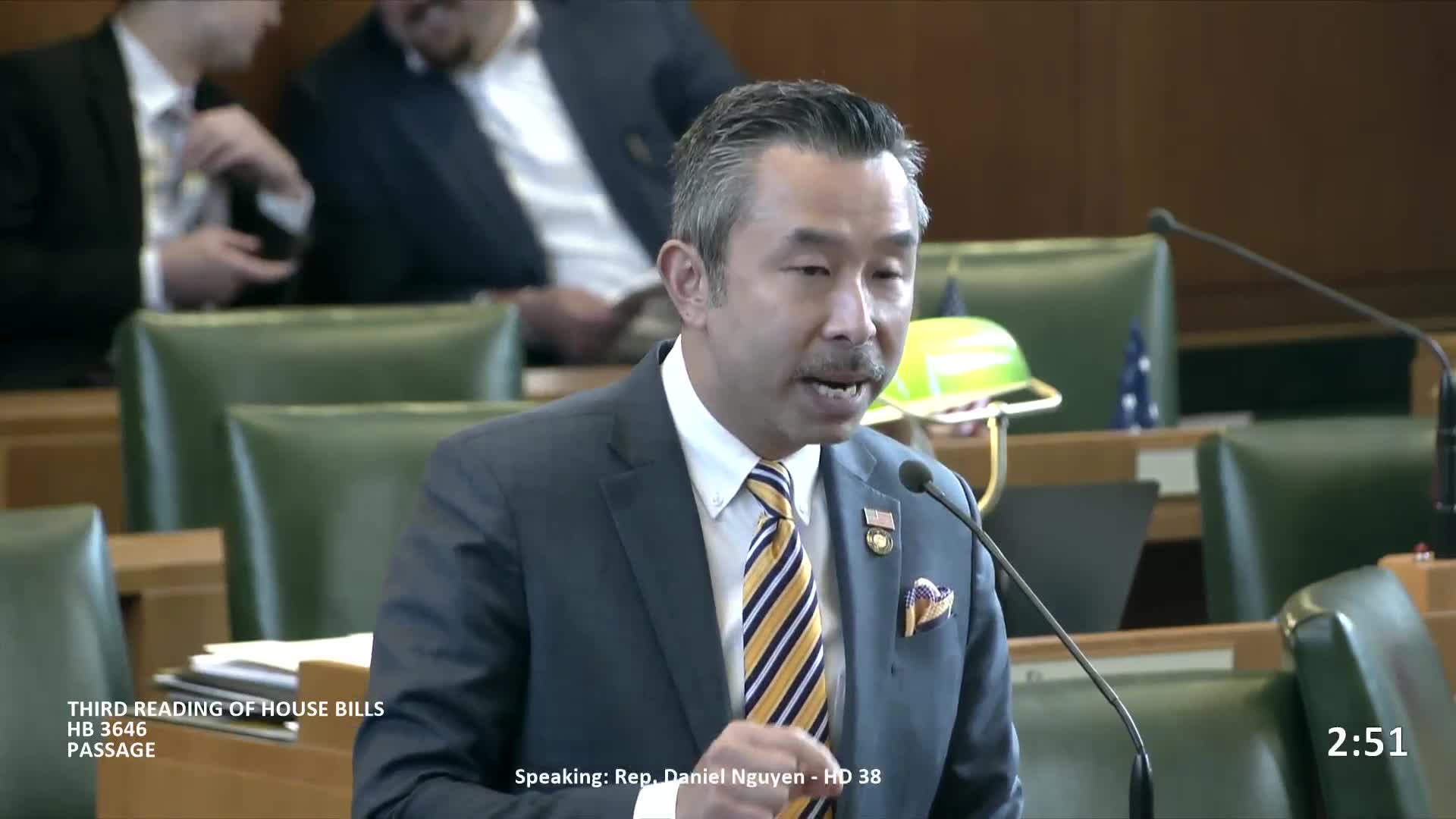House approves consumer protections for online ticket sales, including upfront fee disclosure and anti‑scam rules
Get AI-powered insights, summaries, and transcripts
Subscribe
Summary
House Bill 31 67 passed with provisions requiring sellers to disclose fees upfront, banning speculative resale of tickets not in possession of the seller, and prohibiting misleading use of venue/artist branding; the measure includes enforcement via the Unfair Trade Practices Act and private right of action.
The House passed House Bill 31 67, known as the Fan Fairness and Transparency Act, enacting new consumer protections for online ticket sales and resales.
The bill requires ticket sellers and resellers to disclose all fees up front, prohibits speculative ticketing—where a reseller lists tickets it does not possess—and bars resellers from using domain names, photos or logos in a way that could mislead customers into thinking they are buying directly from a venue. Sponsor Representative Marsh told colleagues the measure responds to frequent reports of counterfeit tickets, hidden fees and misleading resale sites that undermine venues and consumers.
The bill creates two enforcement paths: violations are categorized as unfair trade practices under ORS 646.608 and the attorney general may enforce under ORS 646.632 and 646.638, and the statute preserves a private right of action so individuals who can prove an ascertainable loss can sue. Marsh said private litigation serves as a deterrent while noting statutory guardrails in the Unfair Trade Practices Act limit opportunistic claims.
Supporters emphasized benefits for smaller, independent venues and for consumer confidence in arts and entertainment markets; opponents expressed concerns about enforcement approach and whether the law would unintentionally constrain secondary market transferability. Representative Marsh said the bill does not change existing law on transferability but requires sellers to inform buyers whether tickets are transferable and how to effect transfers.
The bill passed on final reading and will proceed to the Senate. Sponsors flagged a technical fix for language limiting domain restrictions that will be addressed in the Senate.
